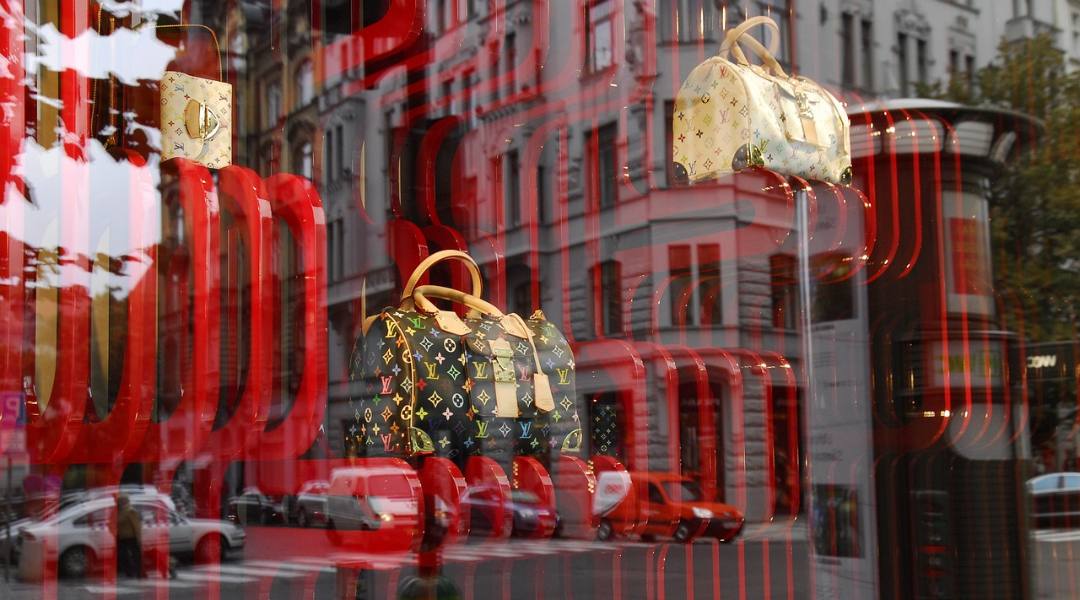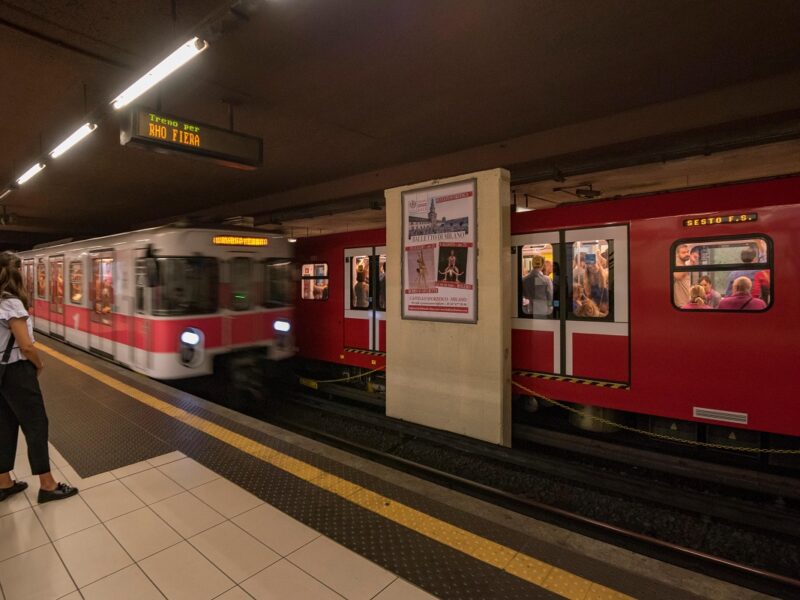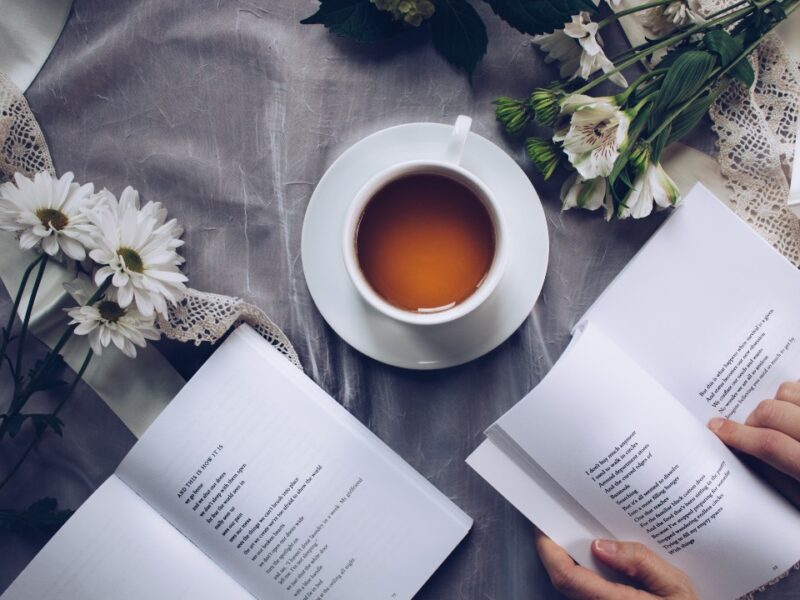Specialists, secondhand platforms, auction houses, and luxury brands are all competing to see who will be at the top of the hard luxury resale market.
The reselling of pre-owned luxury items has been growing steadily in the past years. There’s also a decrease in the stigma that comes with owning second hand goods.
Luxury items like bags, watches, and jewelry are made with high quality materials which means they should be able to last for a long time.
While luxury resale opens the door for more affordable prices, it’s also a chance to find vintage pieces that could have otherwise been forgotten.
These pieces may be a part of history and the ongoing conversation of culture. Many are purchasing them as collector’s items and investments because of the value they hold.
READ ALSO: Authenticity Guaranteed: This Luxury Watch Brand Now Offers Its Certified Pre-Owned Program
One of the challenges sellers and buyers face in luxury resale is the amount of counterfeits. Platforms like Vestiaire Collective have attempted to combat this by hiring specialists from auction houses to authenticate items.
With their “Brand Approved” initiative, they’ve partnered with the brands themselves to authenticate the pieces.
Ebay has also launched an “authenticity guarantee” for their collector’s items. These goods are appraised by experts and companies before being sent to the buyer.
According to Farfetch’s Conscious Luxury 22 Report, “Demand for luxury pre-owned is growing, increasingly attracting high-value customers looking for an element of rarity, often from iconic brands.”
This is also a push towards sustainability, with customers opting to shop for pre-loved items rather than brand new ones.
In 2021, the watch brand Zenith launched a collection called “ICONS” which consisted of vintage watches that have been a part of their history.
These pieces were authenticated and restored by the Manufacture in Le Locle, Switzerland. Even the parts that needed replacing were from a stock of original supplies.
While reselling platforms may need to spend more on the authentication process, brands have an advantage. They already have the documents and in-house experts to authenticate their pieces.
Claudia D’Arpizio, a partner at Bain specializing in retail, consumer products, and luxury goods, says that “Brands can use the vintage market to grow through value rather than volume, as well as delivering on the sustainability front.”
Banner photo via Pixabay by GeKi.




